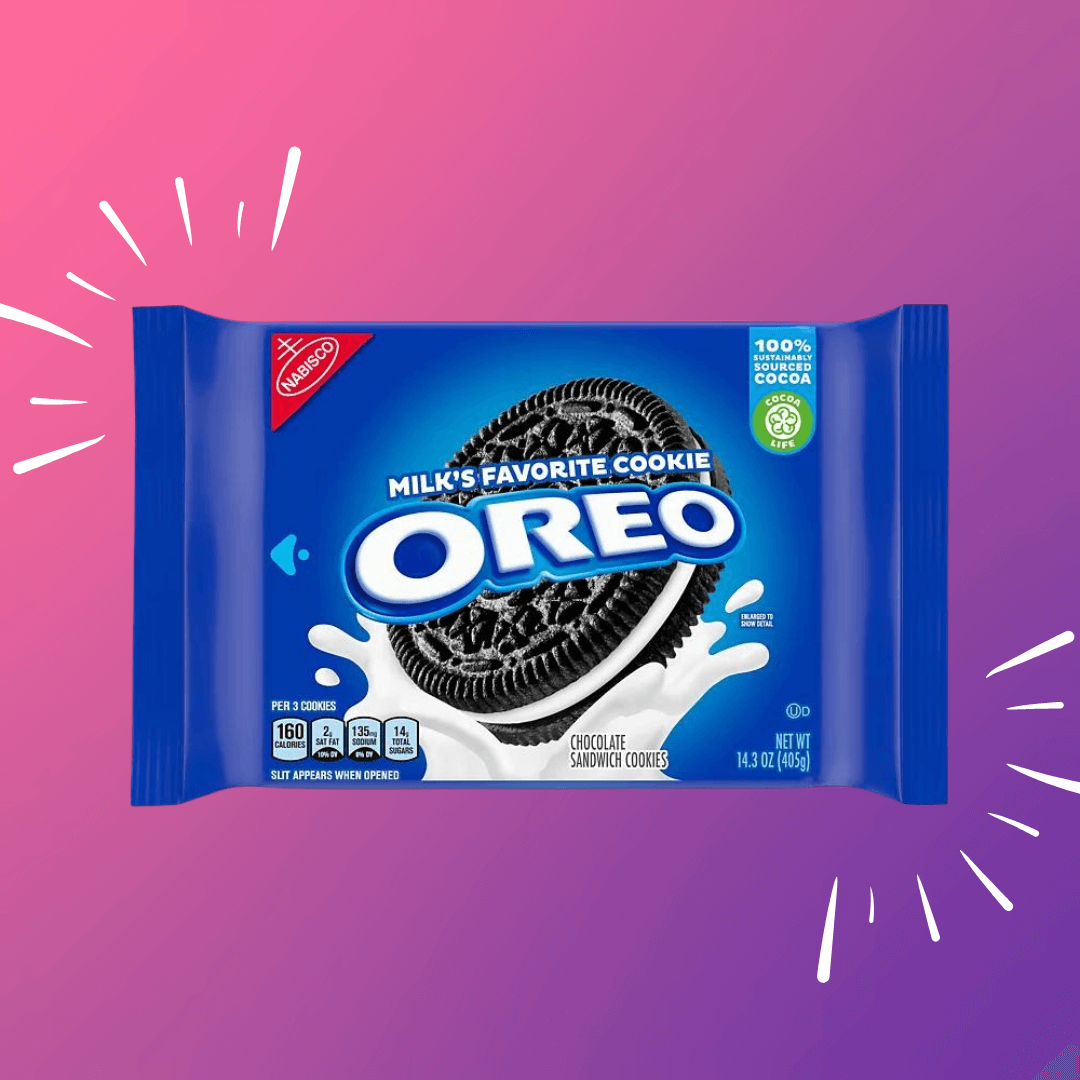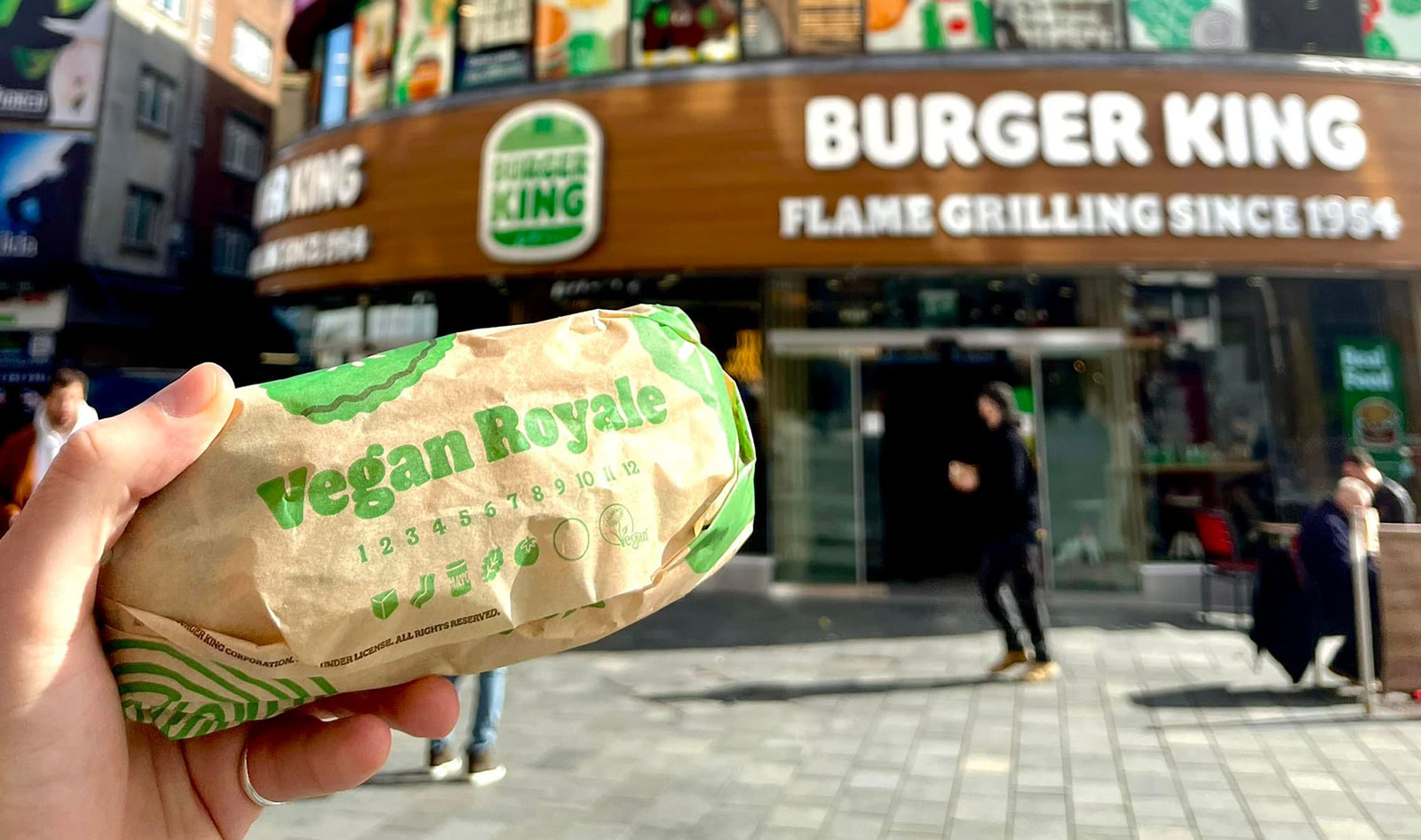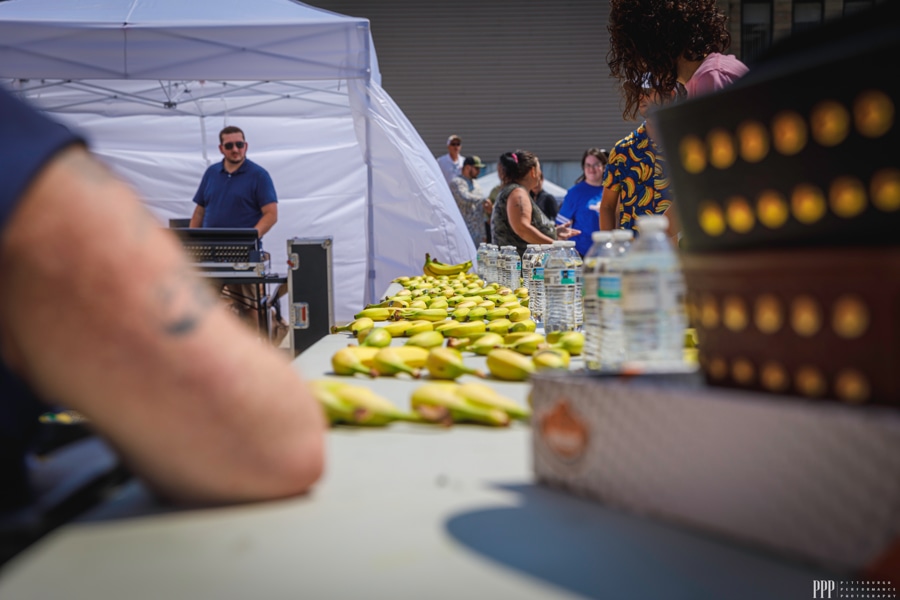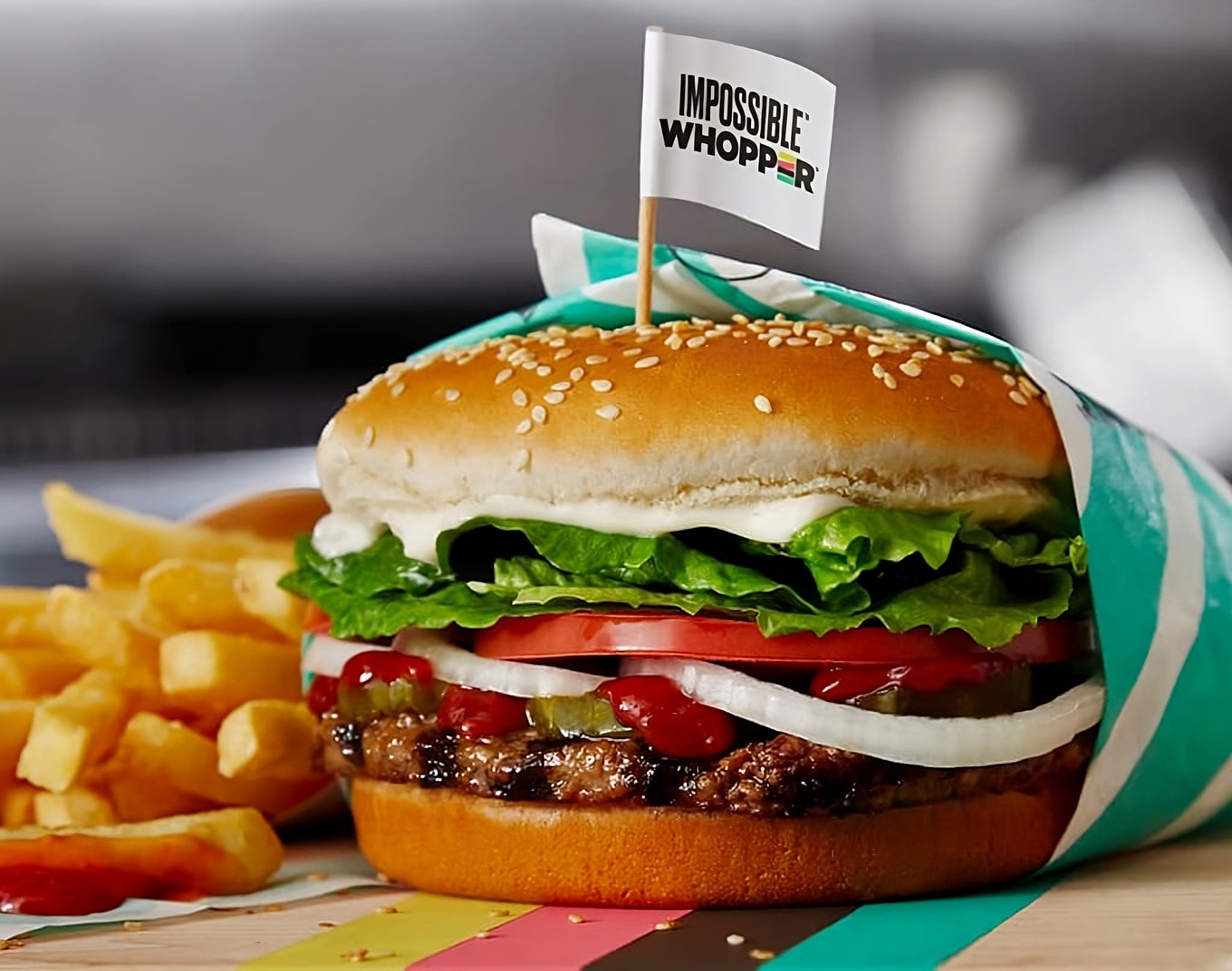Humans have been using various forms of pest control for centuries. In the 1600s, American farmers relied on natural substances like tobacco and sulfur to manage pests. While these methods were somewhat effective, they eventually gave way to the more powerful chemical pesticides developed in the 19th and 20th centuries. Today, most of the fresh produce you see in grocery stores has been sprayed with pesticides. While these chemicals are effective at controlling pests, their impact on human health is a growing concern. But, it is possible to reduce our exposure to pesticides—it starts with understanding which foods present the most risk and the best preparation techniques to remove pesticides before you start cooking.
Pexels
Table of Contents
What are pesticides?
According to the National Institute of Environmental Health Sciences (NIEHS), “A pesticide is any substance used to kill, repel, or control certain forms of plant or animal life that are considered to be pests.”
There are more than 800 different pesticides registered for use in the US, and they each fall into three categories: Herbicides (used to control weeds, commonly used on lawns and gardens), Insecticides (used to control insects, used in agriculture, industry, and in our home), and fungicides (used to control fungi, mildew, and mold).
One of the most commonly used insecticides today is a group of insecticides called organophosphates. They work by inhibiting the enzyme acetylcholinesterase, which is essential for nerve function in insects. However, while they’re designed to impact insects, they are not highly selective and they can impact other animals, including humans.
The people who are most at risk from pesticides are farmers and their families. NIEHS research suggests that they are more likely to develop conditions like autoimmunity, shingles, thyroid disease, atopy, and kidney diseases as a result of repeated and prolonged pesticide exposure.
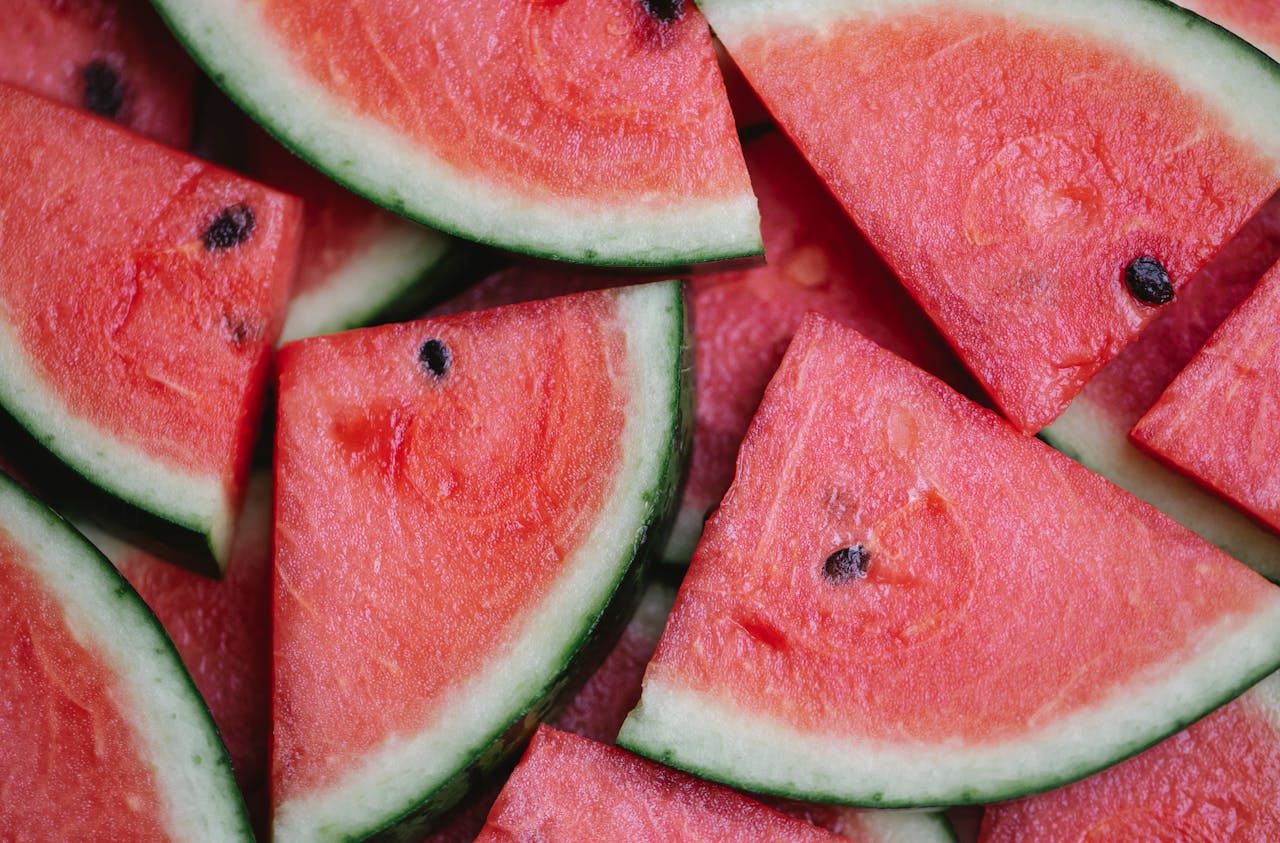 Pexels
Pexels
Should we be worried about pesticides?
Since pesticides are commonly used on fruits and vegetables to protect them from pests, most of us are regularly exposed. However, it’s important to note that in most cases, this exposure does not pose significant health risks.
Earlier this year, Consumer Reports published its most comprehensive review of pesticides yet, examining nearly 60 fruits and vegetables in the US. It found that pesticides were likely not a risk to human health in nearly two-thirds of foods.
“In our analysis, a fruit or vegetable can contain several pesticides but still be considered low-risk if the combination of the number, concentration, and toxicity of them is low,” explained Consumer Reports’ science journalist Catherine Roberts in an article for the Guardian. “For example, broccoli fared well not because it had no pesticide residues but because higher-risk chemicals were at low levels and on just a few samples.”
Watermelon, green beans, and potatoes were some of the foods that showed a concerning level of pesticides in some samples, however. To provide further context, out of 331 watermelon samples, 11 tested positive for oxamyl, a highly toxic carbamate pesticide.
“When you grab a handful of green beans at the supermarket or pick out a watermelon, your chance of getting one with risky pesticide levels may be relatively low,” James E. Rogers, PhD, Consumer Reports’ director of food safety research and testing, told the Guardian. “But if you do, you could get a much higher dose than you should, and if you eat the food often, the chances increase.”
One way to keep up to date with which foods have the most pesticides is to look out for the annual Dirty Dozen list from the Environmental Working Group. The list indicates which foods have tested positive for the highest amount of pesticides each year. This year, the top five were strawberries, spinach, kale, collard, and mustard greens, grapes, and peaches.
However, it’s worth noting that the Dirty Dozen list has been criticized by some experts for potentially demonizing certain fruits and vegetables and for creating unnecessary fear about pesticide residues. As Consumer Reports research shows, most produce is contaminated with some form of pesticide, but this doesn’t necessarily mean they always pose a big risk to our health.
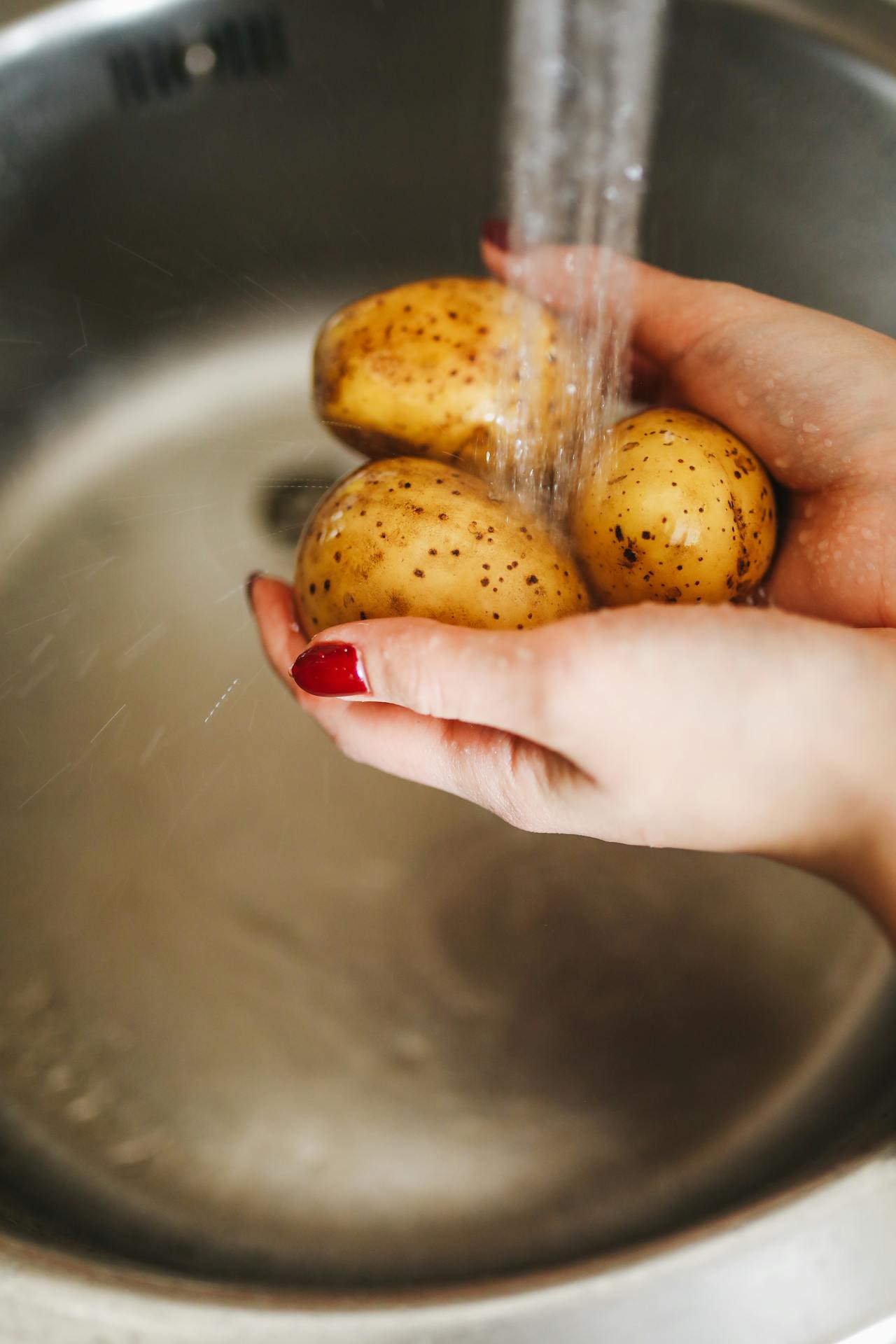 Pexels
Pexels
What is the best way to remove pesticides from fruits and vegetables?
According to the USDA, pesticide residues are strictly regulated in the United States, however, Consumer Reports’ research also shows that, on some occasions, these regulations may not be enough to stop harmful levels of pesticides from reaching grocery store shelves.
There are, however, a few things that consumers can do to reduce the risk. First, if you have the resources, choosing organic fruits and vegetables can make a big difference. Consumer Reports’ research indicated that nearly all of the organic produce it tested showed pesticide residue of little concern.
When organic options aren’t available, you may be able to reduce your risk by thoroughly washing fruits and vegetables before consumption.
“No method is 100 percent effective,” notes the National Pesticide Information Center, which is a joint initiative run by Oregon State University and the Environmental Protection Agency. “As a rule of thumb, washing with water reduces dirt, germs, and pesticide residues remaining on fresh fruit and vegetable surfaces.”
“Washing and rubbing produce under running water is better than dunking it. Wash fruits and vegetables from the farmers’ market, your home garden, and the grocery store.” —National Pesticide Information Center
That said, one recent paper published in the American Chemical Society’s journal Nano Letters, indicated that simply washing produce might not be enough to remove pesticide residue. The research suggested that even after washing, there were still pesticides deeper in the fruits and vegetables. Instead, the study authors recommended peeling produce as well as washing it.
“This study, situated within the expansive realm of food safety, endeavors to furnish health guidance to consumers,” said study author Dongdong Ye to the Guardian. “Rather than fostering undue apprehension, the research posits that peeling can effectively eliminate nearly all pesticide residues, contrasted with the frequently recommended practice of washing.”
And one final note, pesticides aside, eating fruits and vegetables is always going to be better for our health than not eating them. Despite the fact they are sprayed with chemicals, plant-based foods are packed with nutrients and antioxidants that can significantly reduce the risk of disease. An abundance of research suggests that the more produce we eat, the healthier we are. So keep eating your carrots, apples, and potatoes, but perhaps buy organic if you can, and if not, consider giving them a peel and a good wash before you start eating.


